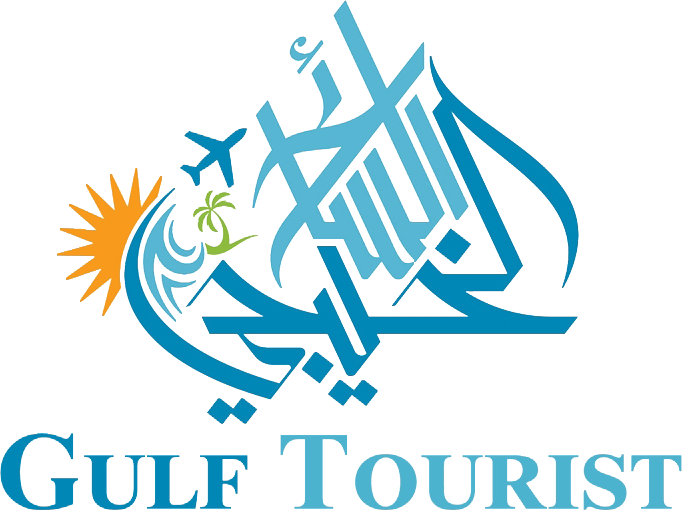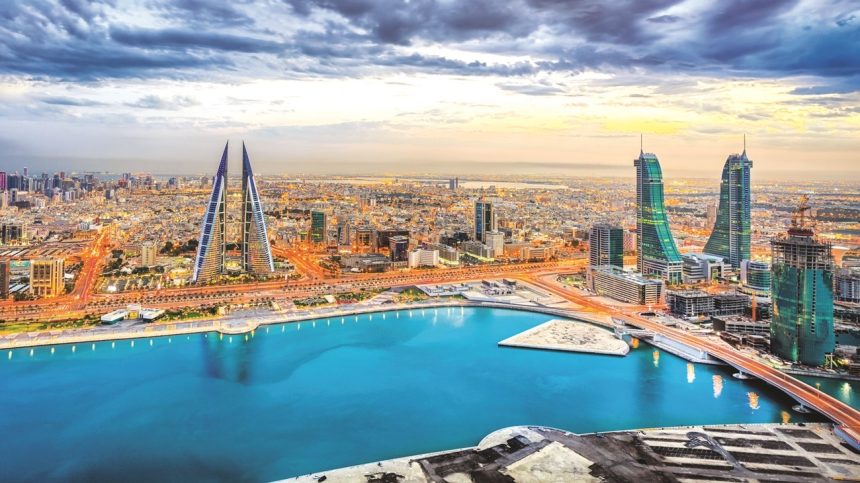The United Arab Emirates (UAE) shares the celebration of the 52nd National Day with its sister, the Kingdom of Bahrain, which falls on December 16th each year. This day marks the anniversary of His Majesty King Hamad bin Isa Al Khalifa’s assumption of power in Bahrain, initiating a journey of civilizational development that encompasses all aspects of life.
The Emirati-Bahraini relations constitute one of the essential pillars of Gulf unity, characterized by a profound understanding between the leaderships of the UAE and Bahrain regarding various regional and global issues. Both leaderships are keen on developing comprehensive social, economic, and political relationships for the benefit of their people, fostering integration between the two nations, given their political weight and pioneering role that enhances regional stability.
Historical Relations: The UAE’s relationship with its sister, the Kingdom of Bahrain, is rooted in historical ties that have grown and evolved over decades. These ties are strengthened by common values, intimate connections, and fraternal relations between their leaders. The two countries share common bonds within the Gulf Cooperation Council, as well as in the Arab and Islamic contexts.
The late Sheikh Zayed bin Sultan Al Nahyan and the late Sheikh Isa bin Salman Al Khalifa laid the foundations of the strong fraternal relations between the two countries. They believed in the importance of reinforcing solidarity through mutual visits, enhancing bilateral ties, and solidifying the achievements made over the years.
Joint Committee: In 2000, Emirati-Bahraini relations entered a new phase with the establishment of the Joint High Committee between the two countries. This committee aims to implement the strategic visions of both leaderships to address challenges in the region and support and enhance political, military, trade, and cultural relations within a strong, cohesive framework that benefits both nations.
Political and Economic Dimensions: Although Emirati-Bahraini relations cover various areas, political and economic dimensions hold particular significance. The Joint High Committee, established in 2000, has played a crucial role in advancing strategic cooperation and joint projects to achieve the desired integration.
A Model of Cohesion: The political stances of both sister countries consistently align on regional and international issues. The two nations work to support Gulf, Arab, and Islamic causes through their active roles in the Gulf Cooperation Council, the Arab League, the Organization of Islamic Cooperation, the United Nations, and other international organizations.
The Emirati and Bahraini relations exemplify unity, integration, and interconnectedness between their leaderships and people. Rich cultural and social ties between the two nations extend to familial and societal levels, sharing customs, traditions, and arts due to their shared history and geographical proximity.
Tolerance and Coexistence: In the past decade, both Bahrain and the UAE have played pivotal roles in promoting peace, spreading a culture of coexistence, and investing in partnerships between diverse civilizations and cultures in service to humanity. The historic visit of Pope Francis to Bahrain, invited by His Majesty King Hamad bin Isa Al Khalifa, marked a significant milestone. It coincided with the Bahrain Conference for Dialogue, which included the participation of Dr. Ahmed Al-Tayeb, the Grand Imam of Al-Azhar and the President of the Muslim Council of Elders. These efforts culminated in the signing of the “Document on Human Fraternity for World Peace and Living Together” in Abu Dhabi in 2019, between Pope Francis and the Grand Imam, aligned with the “Bahrain Declaration for Coexistence” launched in 2017 in Los Angeles.

